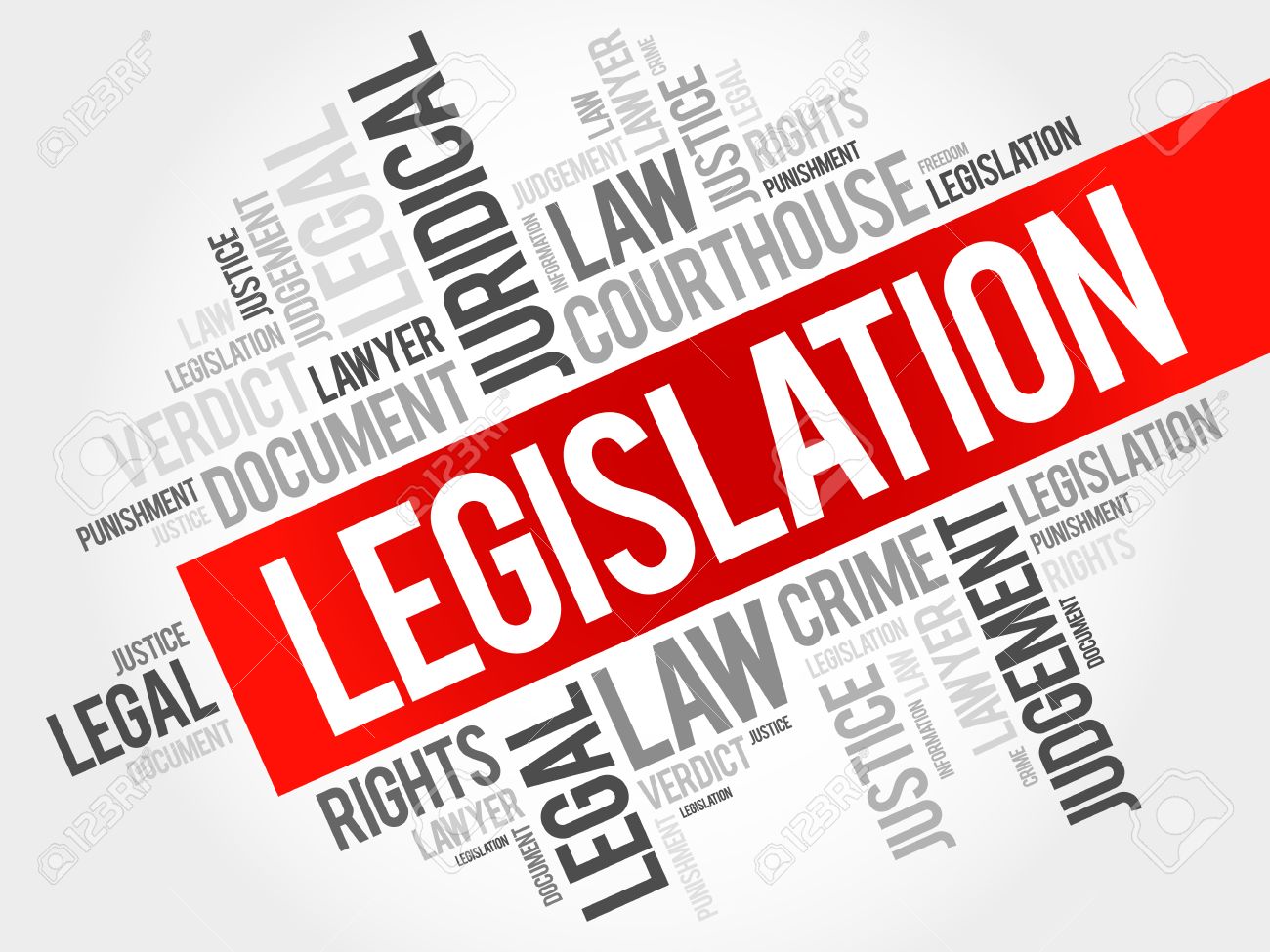The most obvious piece of legislation that supports a rights-based approach to accessing healthcare is the Human Rights Act 1998.
This defines the fundamental rights and freedoms that all individuals are entitled to, whether they have a disability or not. Each right is an article and they are collectively known as the Convention Rights.
- Article 2: Right to life
- Article 3: Freedom from torture and inhuman or degrading treatment
- Article 4: Freedom from slavery and forced labour
- Article 5: Right to liberty and security
- Article 6: Right to fair trial
- Article 7: No punishment without law
- Article 8: Respect for your private and family life, home and correspondence
- Article 9: Freedom of thought, belief and religion
- Article 10: Freedom of expression
- Article 11: Freedom of assembly and association
- Article 12: Right to marry and start a family
- Article 14: Protection from discrimination in respect of these rights and freedoms
- Protocol 1, Article 1: Right to peaceful enjoyment of your property
- Protocol 1, Article 2: Right to education
- Protocol 1, Article 3: Right to participate in free elections
- Protocol 13, Article 1: Abolition of the death penalty
NOTE: Articles 1 and 13 are excluded as they are fulfilled with the creation of the Human Rights Act.
The Equality Act 2010 makes it unlawful for individuals to be discriminated based on certain ‘protected’ characteristics of which one is disability. This means that healthcare providers must reasonably make healthcare accessible to people with learning disabilities.

